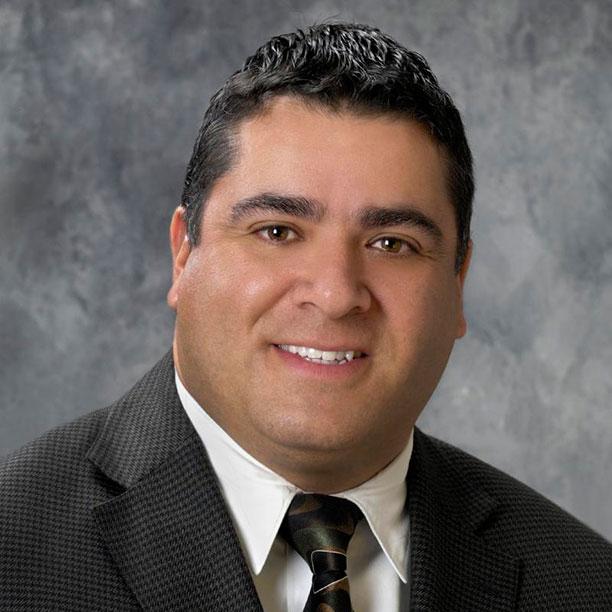
“Our mission is simply to take care of the underserved,” Castro said of Trinity Health Care, the nationwide Catholic health care system to which his office belongs. “We have really made this into a health center that is serving the community.”
Community, for Castro, has remained important since his youth. He was born in Colombia and moved to a low-income neighborhood in Queens when he was four. Growing up, raised by his mother, family became important to him — and remained so when he went off to attend Princeton. On campus, he was on the pre-med track and was a running back on the football team. For his senior thesis, he performed brain surgery on hamsters in a study that showed how sense of smell determines their ability to mate successfully. After graduating, he conducted cancer research at Loyola in New York City before attending medical school.
“I’ve always felt very fortunate for this,” Castro said of his strong community and education. “I felt an obligation to give back for all the wonderful things that I had been given.”
Castro hopes to continue moving forward with the clinic, which he said has outgrown its space and is seeking to expand. A $2 million fundraiser is underway to add facilities and services, including dental care, and better equip its doctors.
In addition to seeing patients on a daily basis, Castro referees boxing matches for local youth, helped begin a charity called Knights of Camillus, and serves as a volunteer for Operation Walk, a program that provides knee and hip replacements for patients in poverty-stricken countries where the ability to provide for oneself is contingent upon one’s ability to walk. “Often, we get as much out of it as the patients,” he said.
